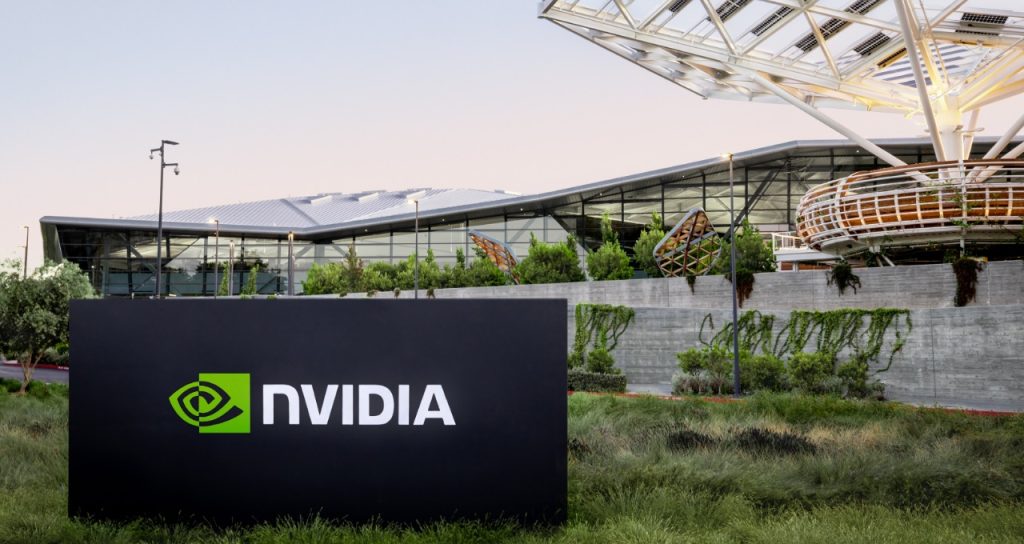Trump Call for AI Deregulation Wins Big Tech Support Amid Global Tech Race

WASHINGTON D.C., 25 March 2025 – U.S. President Donald Trump, in his second non-consecutive term, has reignited global debate on artificial intelligence (AI) policy after calling for a sweeping rollback of federal controls over AI development. The initiative, announced during a White House tech policy forum, has garnered strong support from major technology firms, who argue that regulatory flexibility is crucial to maintaining America’s global AI leadership, especially against rivals like China.
This development adds to mounting international pressure on governments to find the right balance between encouraging technological progress and ensuring ethical, secure, and equitable AI deployment.



The Deregulation Agenda
During a policy forum in Washington, Trump announced his intention to dismantle existing federal oversight frameworks that, in his view, have slowed down AI innovation and burdened private sector R&D.
“We need to unleash America’s creative energy. We can’t allow bureaucrats to hold back the future of artificial intelligence,” Trump said.
His proposal includes:
- Eliminating existing federal review boards on AI ethics
- Loosening data privacy requirements for AI training sets
- Accelerating government contracts for AI research firms
- Granting tax incentives to AI startups
Big Tech’s Endorsement and Industry Alignment
Major U.S. technology firms—including Meta, Tesla, Oracle, and Palantir—have responded favorably, citing the need to compete aggressively with China’s state-supported AI ecosystem.
“Speed matters. If we don’t lead, we lose. AI will define who leads the next century,” said Elon Musk, during a joint tech briefing with Trump advisors.

Other executives highlighted that AI holds immense promise in areas such as medicine, logistics, education, and national defense, and that regulations need to evolve with the technology rather than restrict it preemptively.
Global Concerns and Ethical Counterpoints
However, critics—both domestically and abroad—warn that deregulating AI could lead to:
- Algorithmic bias and discrimination
- Job displacement without safeguards
- Widening of the digital divide
- Potential misuse of AI in surveillance and military applications
EU officials and digital rights activists have voiced concern that U.S. deregulation could lead to a global race to the bottom on AI ethics.
“The rest of the world must not follow America’s lead in this reckless direction,” said European Digital Commissioner Sophie Valmont.
Implications for Malaysia and Southeast Asia
The ripple effect of U.S. deregulation will be closely watched by ASEAN nations, including Malaysia, which is developing its own National AI Framework.
A senior analyst at MIMOS Berhad noted that policy shifts in Washington could influence how Malaysia balances AI growth with social responsibility.
“We must stay competitive but not lose sight of human-centric AI principles,” said the expert, adding that Malaysian regulators need to act swiftly to position local startups without sacrificing trust and transparency.
A High-Stakes Global AI Showdown
Trump’s bold proposal signals a shift toward tech-first governance, where innovation is prioritized over caution. With Big Tech on board and geopolitical competition intensifying, AI policy has become a central battleground in the race for global influence.
For updates on global AI policy, Malaysia’s digital transformation, and innovation trends, follow ForwardMalaysia.my.








